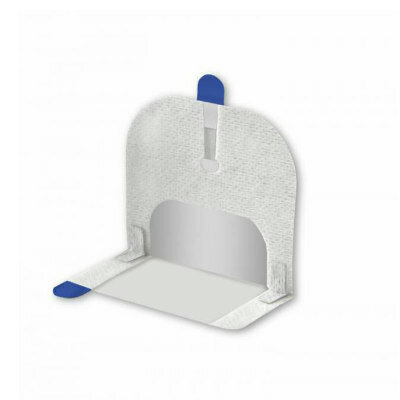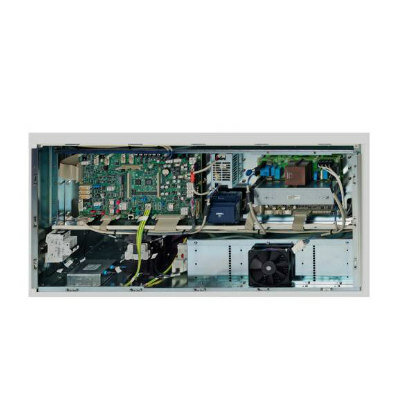MRI-Guided Device Helps Deliver Cancer Drug to the Brain
By MedImaging International staff writers
Posted on 27 May 2013
A trial of a new cancer drug was recently initiated to treat an aggressive brain tumor, glioblastoma multiforme. To deliver the investigational new drug, a magnetic resonance imaging (MRI)-guided delivery device is being used to allow for a threefold concentration of the targeted drug, allowing it to additionally “infect” cancer cells and spread throughout a tumor.Posted on 27 May 2013
Tocagen (San Diego, CA, USA) began enrolling patients in a phase I trial of its Toca 511 cancer drug in May 2013.The first delivery device of its kind, MRI Interventions’ (Memphis, TN, USA) ClearPoint shows surgeons the target they need to hit and whether they have hit it. ClearPoint, developed with BrainLab (Feldkirchen, Germany), Siemens Healthcare (Erlangen, Germany), and Boston Scientific (Natick, MA, USA), is an US Food and Drug Administration (FDA)-approved surgical aid that enables the precise placement of instruments and devices guided by an MRI. For the delivery of drugs, ClearPoint can be utilized to place neurocatheters into the brain in a minimally invasive procedure but can also be used for deep brain stimulation, laser ablation, and biopsies, according to the company. It has been used to treat Parkinson’s disease, brain cancer, dystonia, and epilepsy.

Image: MRI Interventions’ ClearPoint imaging system (Photo courtesy of MRI Interventions).
For diseases such as brain cancer or Parkinson’s, treatment requires agents to be delivered directly to the brain, a surgical procedure that, in many instances, must be performed blind. But with Clearpoint’s MRI-guided system, surgeons can visualize drugs as they enter the brain, allowing for a safer and more targeted procedure.
The frame itself is applied to a patient’s head and it guides the catheter into the brain. Meanwhile, the patient is in an MRI apparatus, and the video feeds to a monitor used by the surgeon. Being able to validate the drug’s release at the targeted site is crucial to knowing whether a certain drug is doing what it needs to be doing, according to Dr. Jenkins. “It’s the ‘delivery effect versus the drug effect,’” he explained. “It’s the real challenge for drug delivery,” he said. “If you’re not reaching your target, the drug’s not going to work. And by shortening the time it takes to see if a drug is working, we can cut down on systemic side effects.”
In addition to the imminent 21-patient, two-part Toca 511 trial expected to last about one year, ClearPoint is currently in use in four other clinical trials, each with new drugs to deliver to the brain. With a soft launch just two years ago, its use in hospitals only started taking off in late 2012, according to Dr. Jenkins, with 20 hospitals now using the device, 18 of which are in the United States.
“Our collaboration with Tocagen underscores the advantages of real-time MRI-guided delivery of therapeutic agents to the brain,” Dr. Jenkins said. “And we are pleased to be a key contributor to the rapid progress being achieved.”
Related Links:
Tocagen
MRI Interventions
BrainLab













